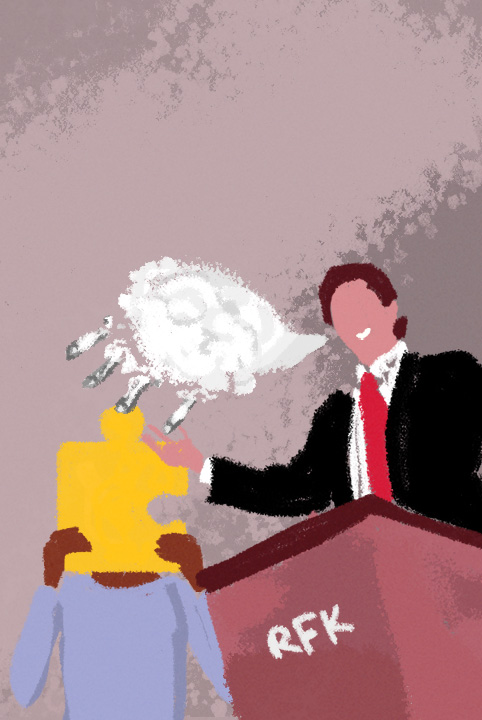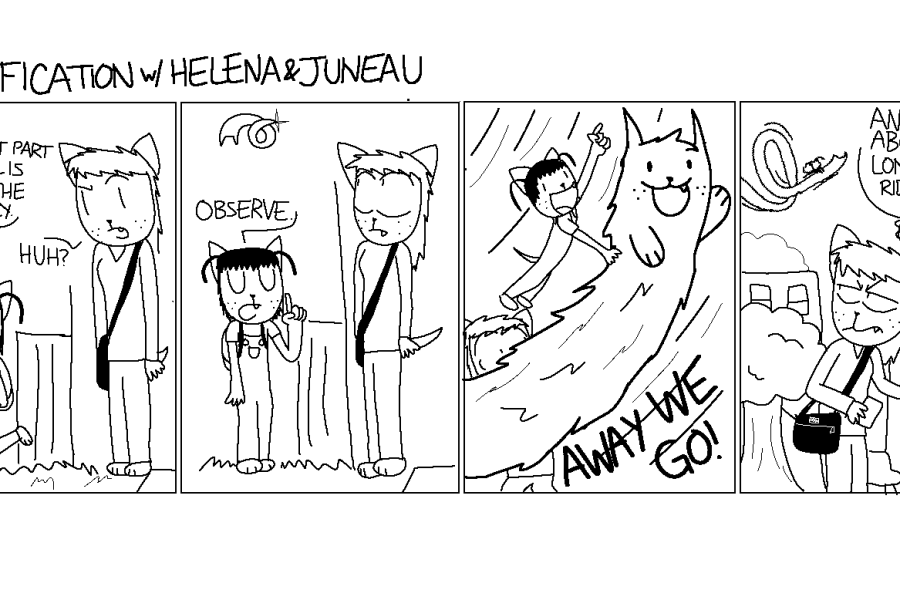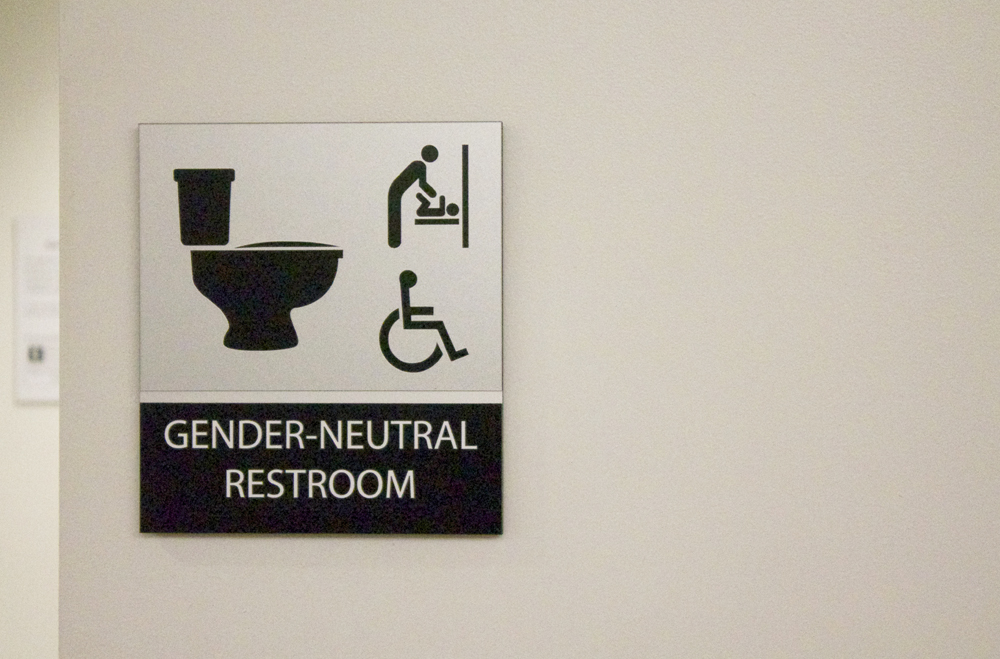U.S. Health and Human Services (HHS) Secretary Robert F. Kennedy, Jr. has apparently made the marginalization of autistic people public policy, using the long arm of the state to claw back decades of progress in both research and acceptance in favor of his own crackpot theories. Kennedy’s crusade against the so-called “autism epidemic” threatens to turn back the clock on the rights of disabled people of all kinds, as the nation’s highest-ranking health official flirts with the rhetoric of eugenics.
On April 15, the Department of Health and Human Services issued a press release titled “‘Autism Epidemic Runs Rampant,’ New Data Shows 1 in 31 Children Afflicted.” The release begins with the claim that—according to the Centers for Disease Control and Prevention’s (CDC) latest Autism and Developmental Disabilities Monitoring (ADDM) Network survey—the prevalence of autism in U.S. children increased from 1 in 36 in 2020 to 1 in 31 in 2022. Whether this is true or not, and why that may be the case, is something I’ll leave up to the scientists—something Kennedy clearly has no interest in doing.
Kennedy, a lawyer with no medical training, said in the release, “The autism epidemic is running rampant… President Trump has tasked me with identifying the root causes of the childhood chronic disease epidemic—including autism.”
The loaded language Kennedy uses to talk about autism—now the official language of the Department of Health and Human Services—is meant to imply, falsely, that autism is a preventable disease rather than a heritable developmental disability.
Speaking at an April 16 press conference, Kennedy said many “fully functional” children had “regressed […] into autism when they were 2 years old. And these are kids who will never pay taxes, they’ll never hold a job, they’ll never play baseball, they’ll never write a poem, they’ll never go out on a date. Many of them will never use a toilet unassisted.”
At the same press conference, Kennedy said, “autism destroys families,” calling it an “individual tragedy as well.”
Writing as one of those grown-up children, I can report somewhat begrudgingly that I am gainfully employed, and a few weeks ago I even did my own taxes and everything, just like a big boy. I’ve written quite a few poems, and while they’ve never seemed to help with my love life, you know, I try my best in that department. I have to admit I’ve never liked baseball, but I was a decent midfielder on my elementary school soccer team—and, last I checked, I’m able to use the bathroom perfectly fine, thank you.
I’m probably not the kind of person Kennedy’s referring to, however.
“Most cases now are severe,” Kennedy said. “Twenty-five percent of the kids who are diagnosed with autism are nonverbal, non-toilet-trained, and have other stereotypical features.”
First, let’s clear something up—the word “most” means “greatest in quantity, extent, or degree,” or “the majority of,” as in, “most of the country disapproves of President Trump’s handling of the economy” and “most of what RFK Jr. says about autism is bullshit.” Twenty-five percent, on the other hand, is in fact just over twenty-five percent short of a majority—Secretary Kennedy, if you’re reading this, that would be fifty percent plus one—and, well, I’m concerned about the HHS Secretary having, at best, a tenuous grasp on middle school mathematics.
More seriously, the suggestion that autistic people with higher support needs—including those who are nonverbal, unable to maintain employment, or unable take care of themselves—are “afflicted” by a “preventable disease” is eugenicist nonsense, and it shifts the focus away from effective treatment and accommodation toward a much darker line.
Of course, Kennedy and his supporters would say that it can’t be eugenics—genes have nothing to do with it, they claim. Kennedy has a long history of sidelining the genetic causes of autism in favor of his own conspiracy theories, including the thoroughly debunked claim that vaccines cause autism (they don’t), the idea that autism is caused by an “environmental toxin” (it isn’t), and that “better awareness of autism cannot be driving a disability like autism to increase by 300% in 20 years” (yes it can, what do you think the word “awareness” means?).
According to the David Geffen School of Medicine at UCLA, there is “no evidence that children can develop autism after early fetal development as a result of exposure to vaccines or postnatal toxins.”
Autism is hereditary, and around 80% of cases are linked with inherited genetic mutations, with the remaining 20% stemming from non-inherited mutations. Autism is, put simply, a genetic disorder—the only way to “prevent” autism would be to eliminate all autistic people from the gene pool.
Autism advocacy groups have loudly voiced their opposition to a proposed autism “registry,” including the Autistic Self Advocacy Network, which said in an April 23 statement that it was “gravely concerned by Health and Human Services (HHS) Secretary Robert F. Kennedy Jr.’s (RFK Jr.) reported plans to establish a ‘registry’ of autistic people and to hand over sensitive medical data about autistic people to unnamed researchers… given not only this administration’s deplorable, eugenic rhetoric about autism, but its demonstrated disregard for basic standards of scientific evidence, there is every reason to believe that this data will be misused in troubling and dangerous ways.”
The Coalition of Autism Scientists, a newly formed group of research scientists, also stated in an April 25 release that they were “deeply troubled to hear the Secretary of Health & Human Services dismiss past research, downplay the causal role of genes, and portray autistic people in ways that counter our experiences and demean their value to society.”
HHS recently walked back National Institutes of Health (NIH) Director Jay Bhattacharya’s comments that the institute would create a “national disease registry,” stating in an email to CBS News, “We are not creating an autism registry. The real-world data platform will link existing datasets to support research into causes of autism and insights into improved treatment strategies.”
This may or may not be true—there’s little reason to trust this administration, especially on such a high-stakes issue. The fact that such a proposal was even floated is a problem, and taken with Secretary Kennedy’s comments on autism and the general secrecy and cruelty regularly meted out by the Trump administration, it’s not hard to see this as a strategic retreat before a second attempt down the road.
There is no logical end-point for Kennedy’s autism obsession other than a policy of eugenics. Kennedy claims that HHS is “assembling teams of world-class scientists to focus research on the origins of the epidemic, and we expect to begin to have answers by September”—when that research reaffirms decades of genetic findings, what then? Or will they even bother with “research” at all?
Autistic people with high support needs are most at risk, but all autistic people should be alarmed by the government’s newfound focus on the disorder. In fact, everyone should keep their eyes open to what’s happening, because a threat to one of us is a threat to all of us—and even if you’re not autistic, you might still be in the crosshairs next. For example, Trump and Kennedy have placed a target on ADHD medicine as well, with a Feb. 13 executive order calling for a commission on “overreliance on medication and treatments” to “assess the prevalence of and threat posed by” multiple medications, including stimulants used to treat ADHD.
The weaponization of fake science to target autistic people has another aim: intimidation. How many parents will choose to forego autism testing for their children, for fear of putting a target on their back? How many self-diagnosed or questioning adults will avoid seeking a diagnosis—and the accommodations made available by that diagnosis—so they don’t end up with their name on a list? These are questions I hoped I would never have to ask.
I have one more question, since I heard I’m not supposed to be paying taxes—could I get that money back, please?






